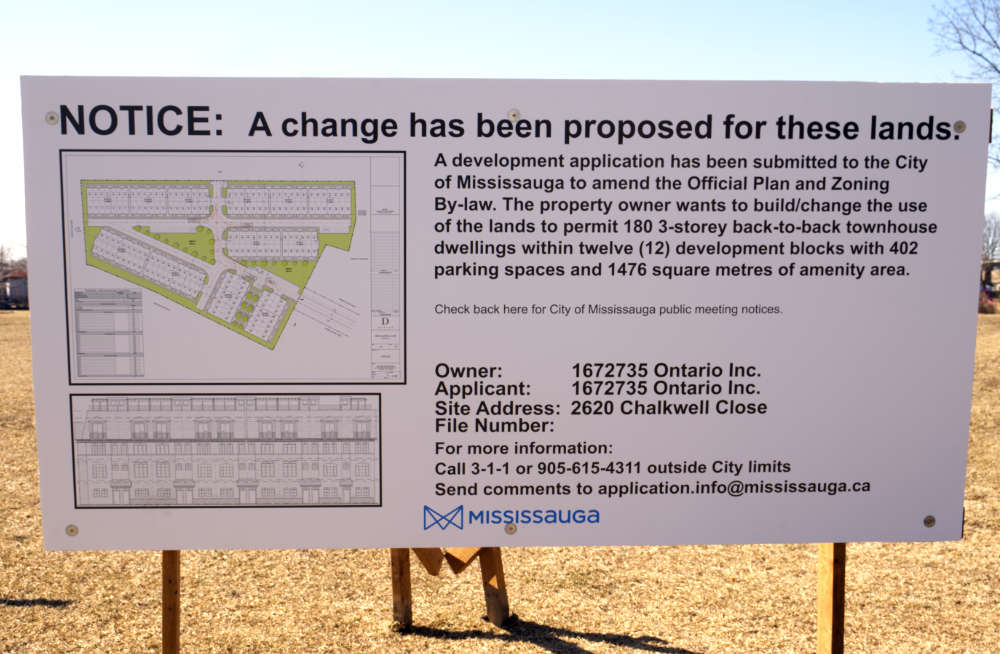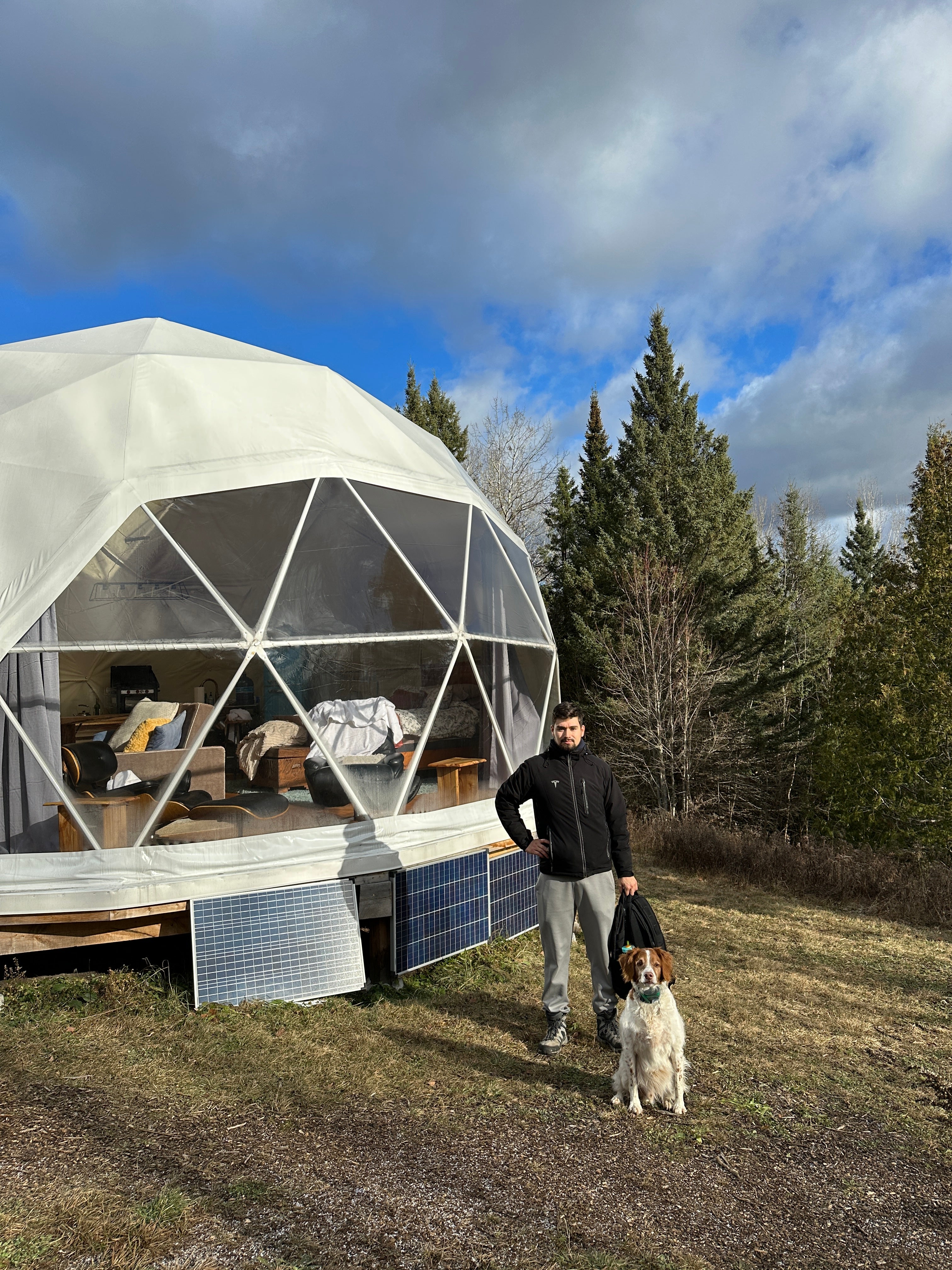Be prepared for the long haul; getting a variance approved involves many steps with important work needing to be done at each one (image credits)
- Reach out early to the local economic development representative.
- Different land use types have their own advantages and drawbacks
- Zoning can be changed but it may incur significant time and cost
- Ensure you review local regulations as we write based on Canadian examples
Overview
Navigating the complexities of municipal zoning can be challenging, especially when seeking a variance or bylaw amendment. Understanding the process and presenting a compelling case are crucial for success. Property owners looking to make modifications and glamping hosts hoping to expand, listen up! Here are some key tips to help you secure approval for your zoning variance or bylaw amendment.
1. Understand the Local Zoning Laws
As written in a previous article, before initiating any request, familiarize yourself. There are local zoning laws, regulations, and specific criterium for obtaining a variance or bylaw amendment in your municipality. Each area has its own set of rules, and knowing these can help you tailor your application to meet the requirements. Review the zoning map, zoning bylaws, and any relevant land use plans to ensure your request aligns with broader community goals. It could be the case that your planned build is already allowed within the current regulatory framework. This is ideal as it evades some of the steps coming up.
2. Consult with Municipal Staff Early
Early consultation with municipal planning staff can be invaluable. These professionals can provide insights into the likelihood of approval, suggest modifications to your proposal and help you understand the process. They can also alert you to any potential issues that could arise during the application process, allowing you to address them proactively.
One recommendation we would make would be to reach out early to the local economic development representative. If a strong business case can be made, then you can use that as a foot in the door. This is subject to the plan also showing benefits to the wider community. The local economic development representative can put internal weight behind your project proposal which could spur the planning department to have a more favourable outlook. Glamping businesses benefit by bringing in tourism dollars while highlighting and protecting the natural ecosystems of the local region.
3. Prepare a Strong, Well-Documented Application
A thorough and well-prepared application is critical. Include detailed site plans, engineered drawings, environmental reports and any other relevant documentation that clearly outlines your proposal. Make sure to address all the criteria required for a variance or amendment, such as demonstrating how your request is in keeping with the public interest and how it meets the criteria for an exception. There are some lesser known impacts that need to be measured like traffic impact and water runoff. The more comprehensive and clear your application, the easier it will be for municipal staff and decision-makers to evaluate your request.
4. Engage with the Community
Community support can play a significant role in the approval process. Engage with neighbours, local businesses, and community groups early on to explain your project and gather feedback. Addressing concerns and demonstrating how your project will benefit the community can help build support. Neighbours for example, could be concerned about noise and higher density of people. This is why, in some cases, gaining the backing of influential community members or organizations can make a significant difference in the outcome. This could be in the form of synergy with other small businesses.
5. Consider Hiring a Professional
Depending on the complexity of your case, it may be worthwhile to hire a professional such as a land use planner, attorney, or environmental consultant. These experts can help craft a compelling argument, ensure that your application meets all legal requirements, and represent you at public hearings. Their experience and knowledge can increase the likelihood of a successful outcome.
6. Be Prepared to Compromise
Flexibility is key when seeking a zoning variance or bylaw amendment. Be prepared to make concessions or modifications to your proposal in response to feedback from municipal staff, the planning board, or the community. For glamping, this could mean reducing the guest capacity by increasing the space between sites. Demonstrating a willingness to compromise can make your application more palatable to decision-makers and may increase your chances of approval.
7. Present Your Case Effectively at Public Hearings
Public hearings are a crucial part of the approval process. This is your opportunity to present your case directly to the decision-makers and the community. Prepare a clear and concise presentation that highlights the benefits of your proposal and addresses any potential concerns. Be ready to answer questions and engage in constructive dialogue. Highlight how glamping showcases the natural beauty of the area and want to building term connections with guests to keep them coming back. It's also important to remain calm and respectful, even in the face of opposition.
8. Demonstrate the Broader Benefits
Emphasize how your variance or amendment will positively impact the broader community. Whether it's by enhancing the local economy or improving the aesthetic appeal of the area. Demonstrating that your project offers significant public benefits can help sway decision-makers in your favour.
9. Follow Up After Submission
After submitting your application, maintain regular communication with municipal staff to stay informed about its status. Be responsive to any requests for additional information and attend any meetings or hearings where your application will be discussed. Persistence and active engagement can help keep your application on track.
10. Appeal if Necessary
If your application is denied, it may be possible to appeal the decision. Review the reasons for the denial carefully and consider whether you can address the concerns raised. If you believe that your request meets the necessary criteria and is in the public interest, an appeal may be worth pursuing. Consulting with a legal professional can help you determine the best course of action.
Conclusion
Securing approval for a zoning variance or bylaw amendment requires careful planning, strong community engagement, and a well-crafted application. By following these tips, you can increase your chances of success and move your project forward with confidence. With local officials on your side, a lot can be achieved with less hassle. It could even unlock the door to be able to partner with tourism organisations in the region, who have been keen to feature luxury glamping establishments. Remember that each municipality is unique, so it's important to adapt your approach to the specific context and regulations of your area.
Resources
- https://meaford.civicweb.net/document/117365/2021-62 Zoning By-law Amendment - (145166 16th Sid.pdf?handle=43469EB932D1454CB49CB1BD43622322


